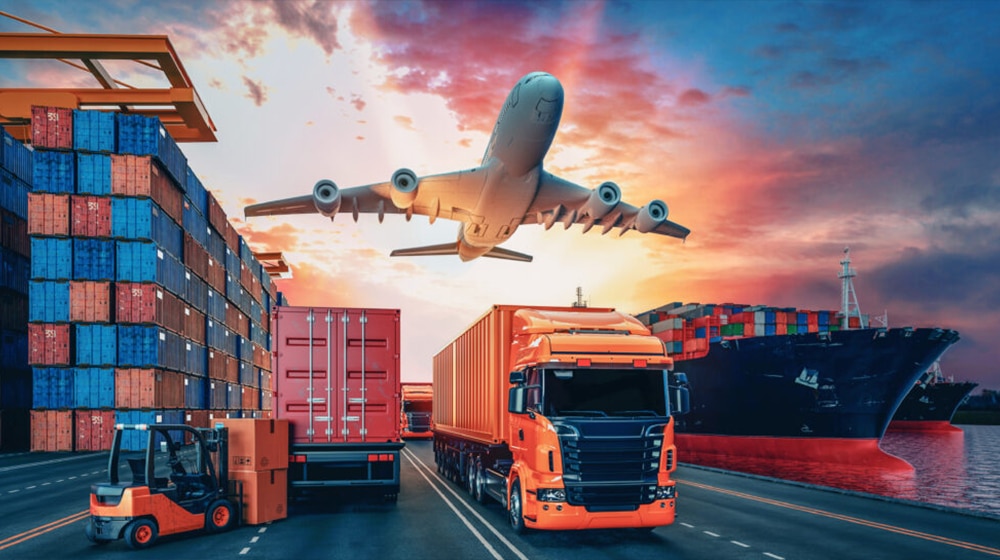
Businesses in Pakistan have taken significant advantage of political influence through entities such as trade associations, parliamentarians, their business interests, and politically entrenched business families.
According to the blog “How special interest groups capture trade policy in Pakistan” published by the Oxford Department of International Development, sectors with exposure to politically powerful businesses have disproportionately benefitted over the last 20 years through a complex mix of tariff and non-tariff measures.
The report highlights that Pakistan has one of the world’s most protectionist trade policies. According to a recent World Bank report, the country’s trade policy is anti-export because providing greater import protection to businesses incentivizes production for domestic rather than export markets.
However, we don’t know where the demand for such trade protection is coming from. Is trade protectionism motivated solely by economic goals, or does it also have a distinct political logic? Are sectors exposed to powerful business families and politically connected actors, in particular, more likely to receive higher trade protection than politically unexposed sectors?
This question is especially significant for three reasons. First, since the late 1990s, Pakistan has seen significant tariff liberalization, with tariffs falling from 55 percent in 1998 to 12 percent in 2021. Despite such liberalization, effective protection rates vary significantly across sectors.
Second, in response to recurring balance-of-payments issues, Pakistan has frequently attempted to reduce imports through emergency trade measures such as the imposition of ad hoc duties on imports (e.g. regulatory duties).
Third, the process of developing trade policy in Pakistan is typically ad hoc, complex, and opaque. Exemptions and exceptions abound in trade policy. This leaves a lot of room for trade protection to be used arbitrarily. All of this suggests that trade policy may be skewed toward sectors with established businesses that have more political capital and political clout.
The report gathered a granular database (1996-2021) on the presence of politically connected actors in 119 manufacturing sub-sectors in Pakistan to investigate the politics of trade protection.
Detecting Political Clout
The report cites a change in political leadership in 2013 that brought a pro-business political party to power, which signed an IMF program with trade reform as a key conditionality. The IMF insisted on tariff simplification, the elimination of statutory regulatory orders (SROs), and the removal of non-tariff barriers. While the government of the time attempted to meet these requirements, it resorted to other forms of compensatory trade protection. This is why 2013 saw a significant increase in regulatory duties and non-tariff measures. Almost all manufacturing sub-sectors were affected.
Manufacturing sub-sectors exposed to politically influential businesses received a disproportionately higher level of compensatory trade protection after 2013. The report also notes that sectors with prior exposure to politically powerful businesses benefited disproportionately from increased regulatory duties after 2013. Non-tariff measures follow a similar pattern. Interestingly, sectors exposed to special interest groups (SIGs) represented by strong business lobbies or politically connected firms received a greater intensity of non-tariff protection.
Presence of SIGs, Political Actors Huge for Trade Protection
The presence of SIGs and politically connected actors has been an important determinant of the equilibrium level of trade protection in Pakistan. Differentiating decisive patterns by exposure to political influence, the report proves that politically exposed sectors ended up receiving even higher trade protection than was available to them earlier in the liberalization period.

Pakistan’s Evident Anti-Export Bias
The report emphasizes that the political capture of trade policies has continued unabated despite the change in governments throughout the years. The import protection afforded to SIGs entrenches the anti-export bias of Pakistan’s trade policy, which is considered a major drag on development. In fact, import protection is fundamentally connected with Pakistan’s core development challenges, including stagnating exports, declining productivity, and recurring current account imbalances.
To address the country’s development challenges, the report says Pakistan needs to adopt a simple and transparent trade policy regime. It also needs to discard the use of trade policy for revenue generation. Globally, on average only about 2.3 percent of total revenues are raised through trade taxes, while the corresponding ratio for Pakistan still stands at 12 percent.
